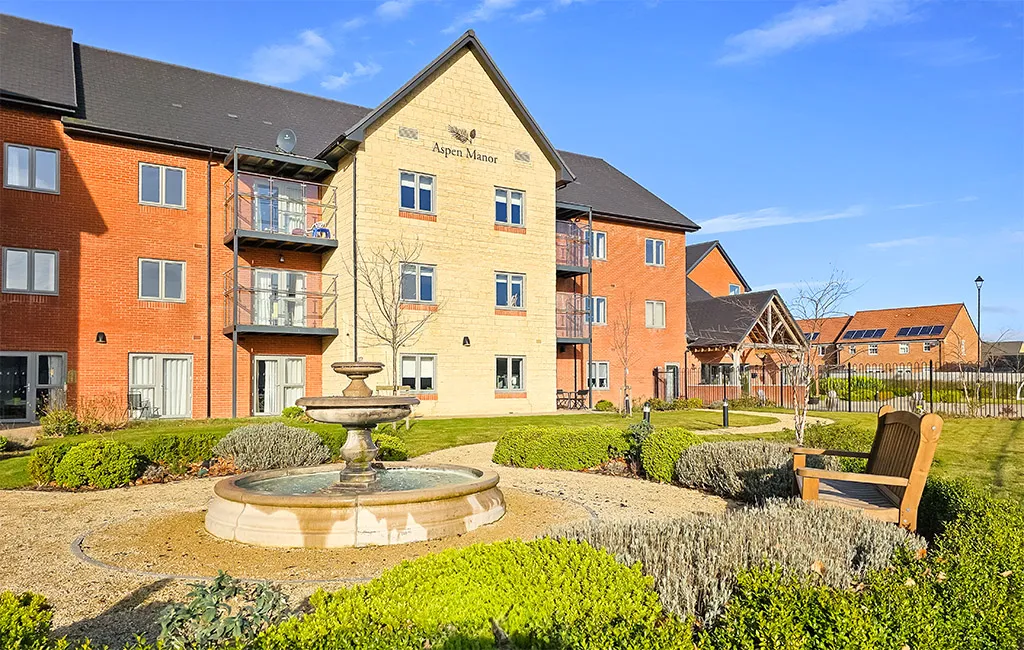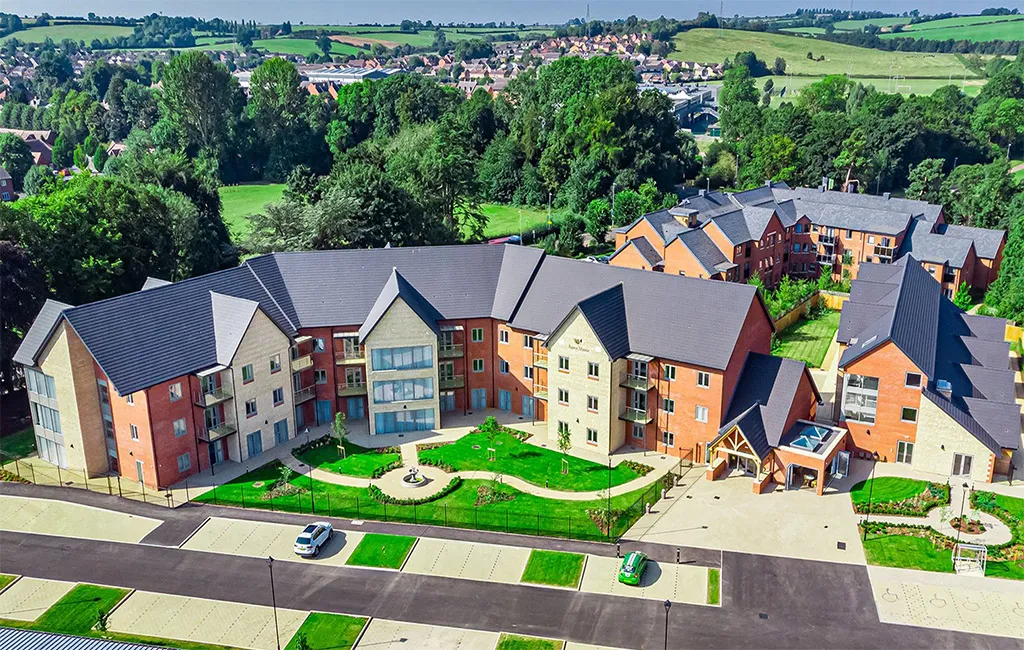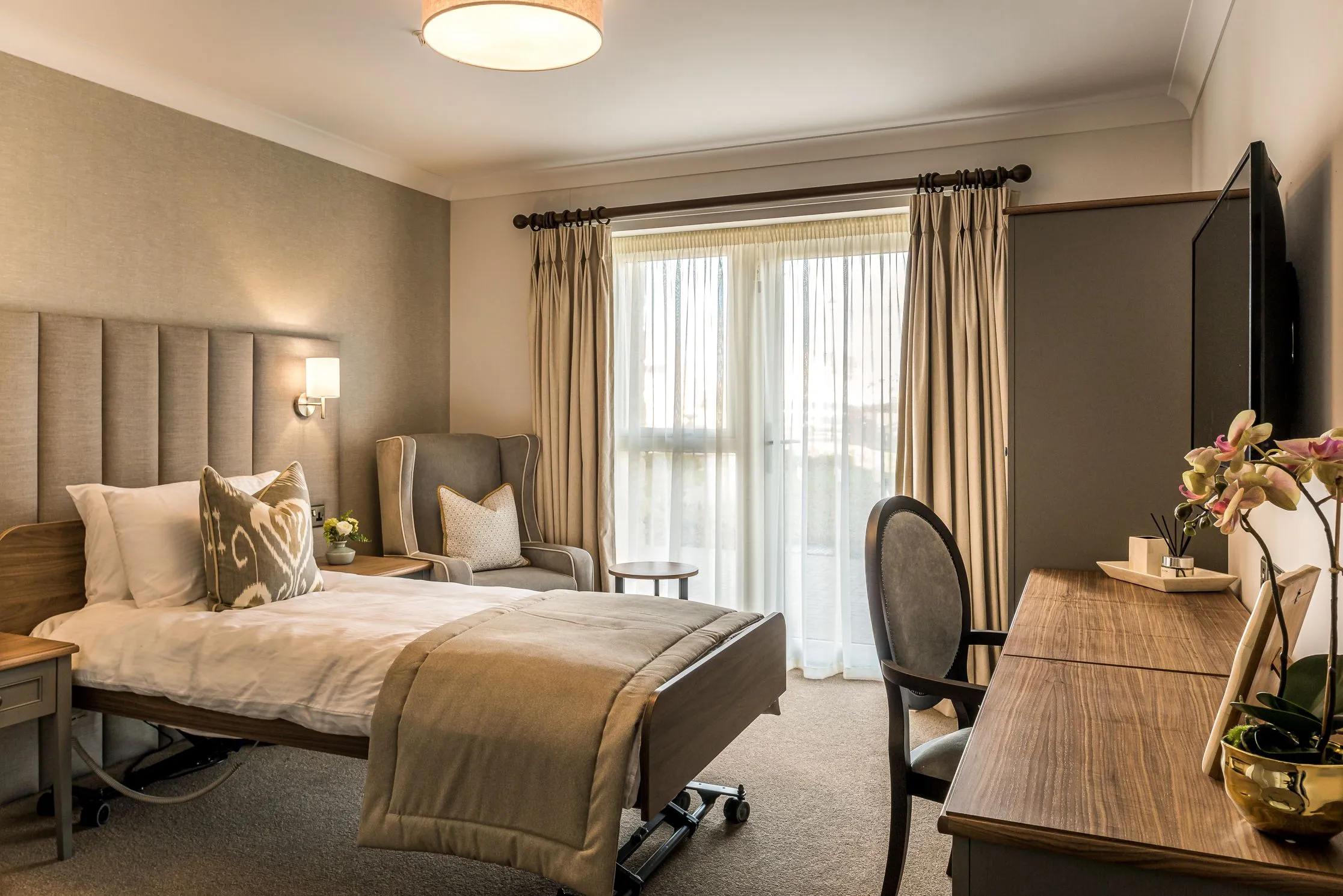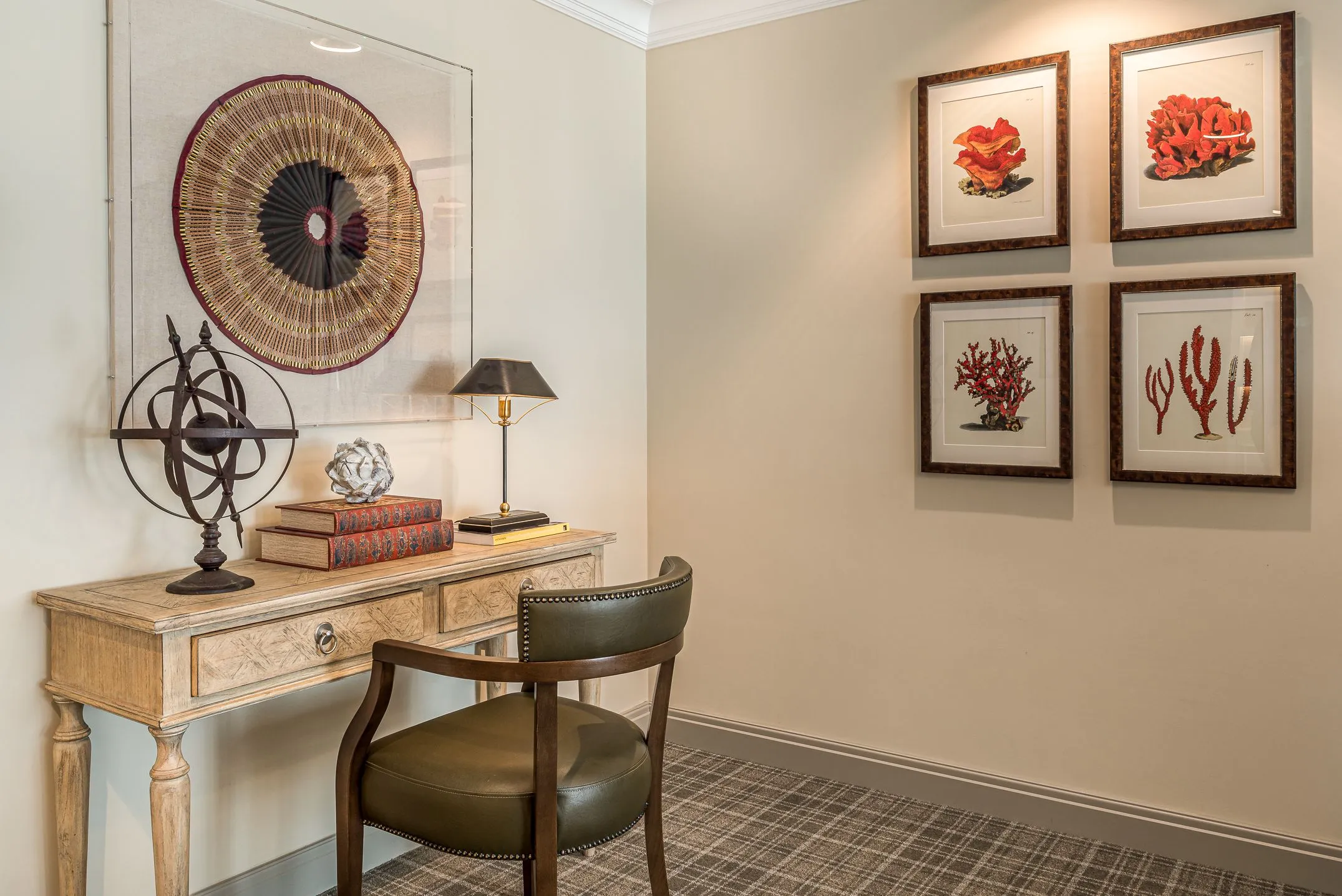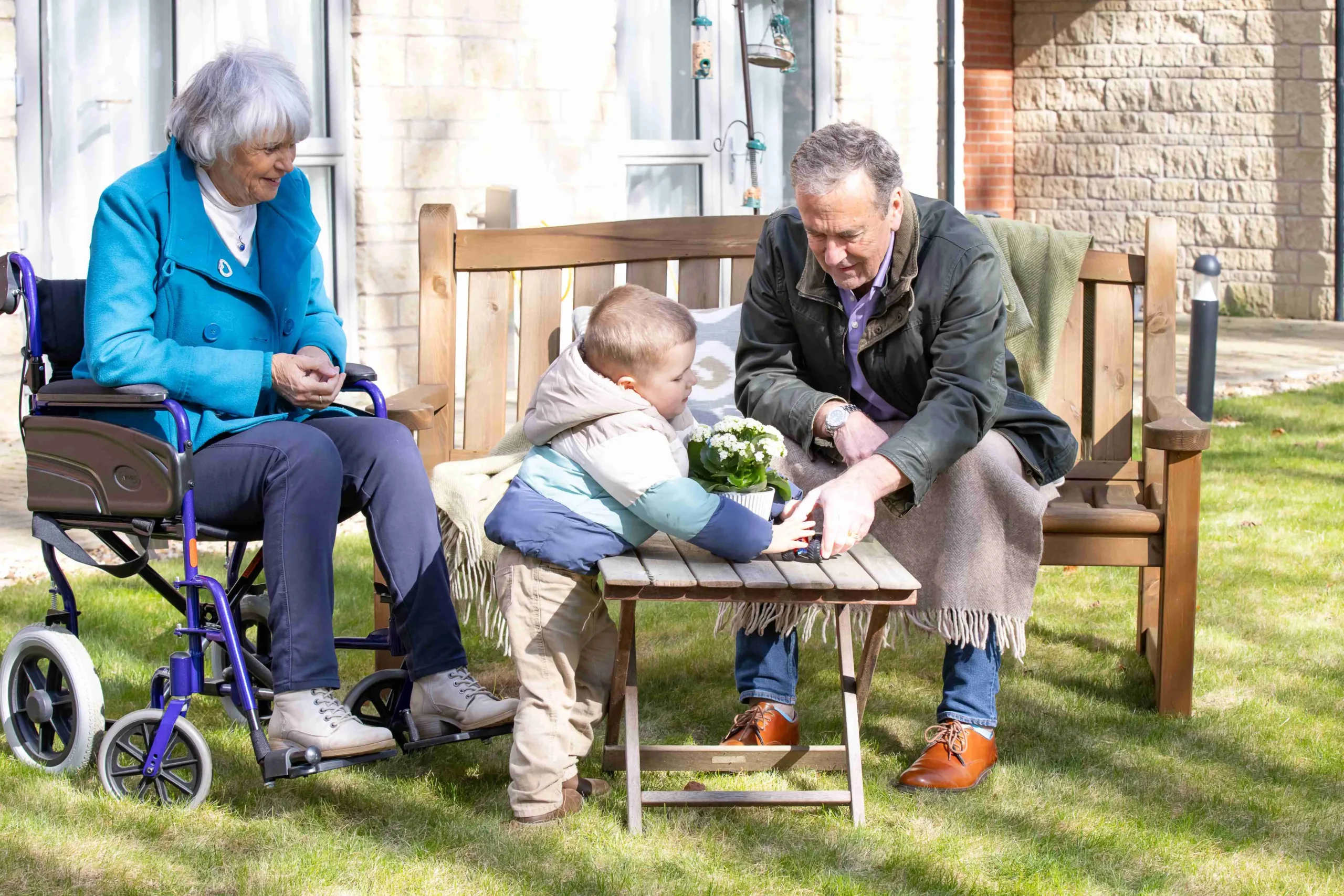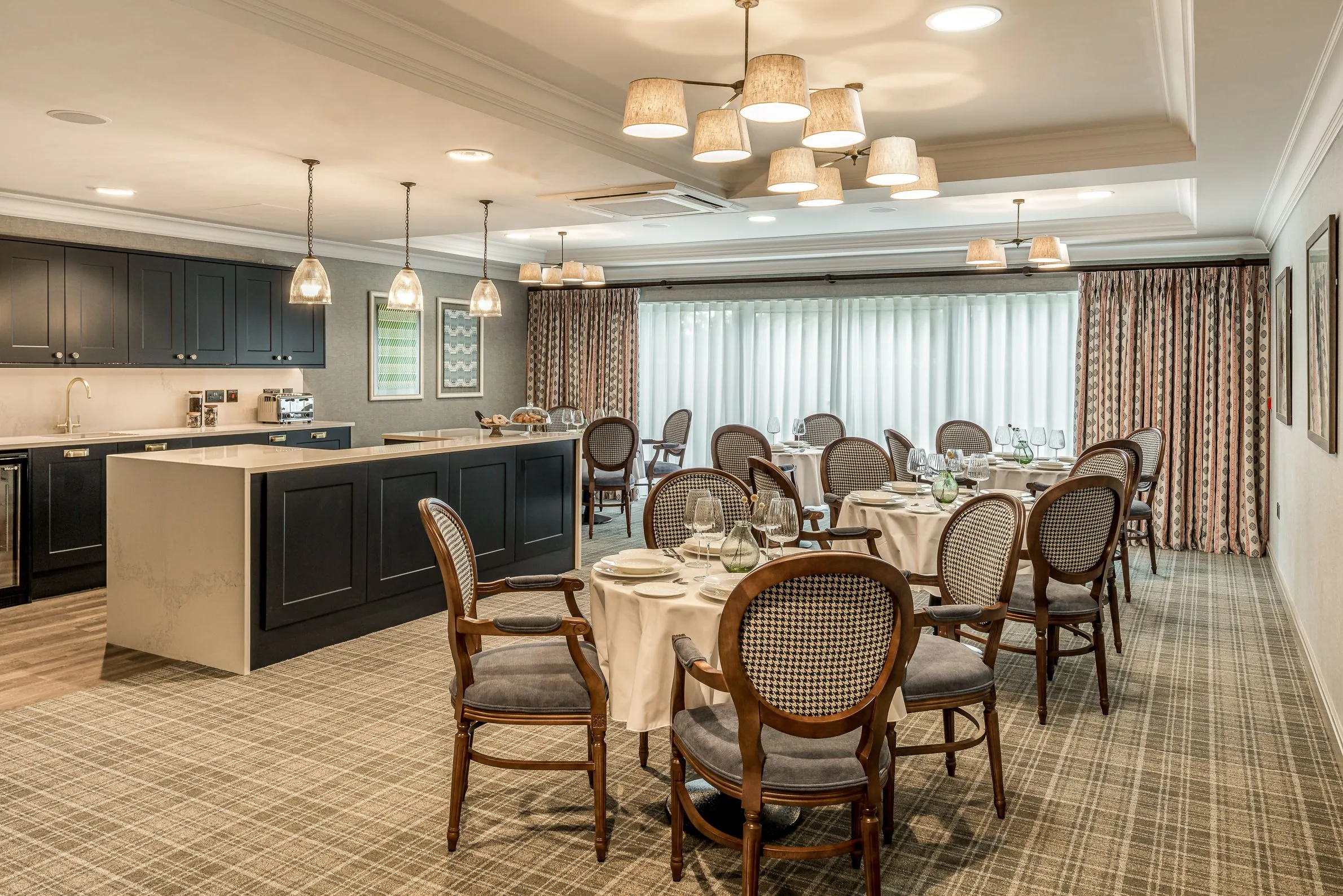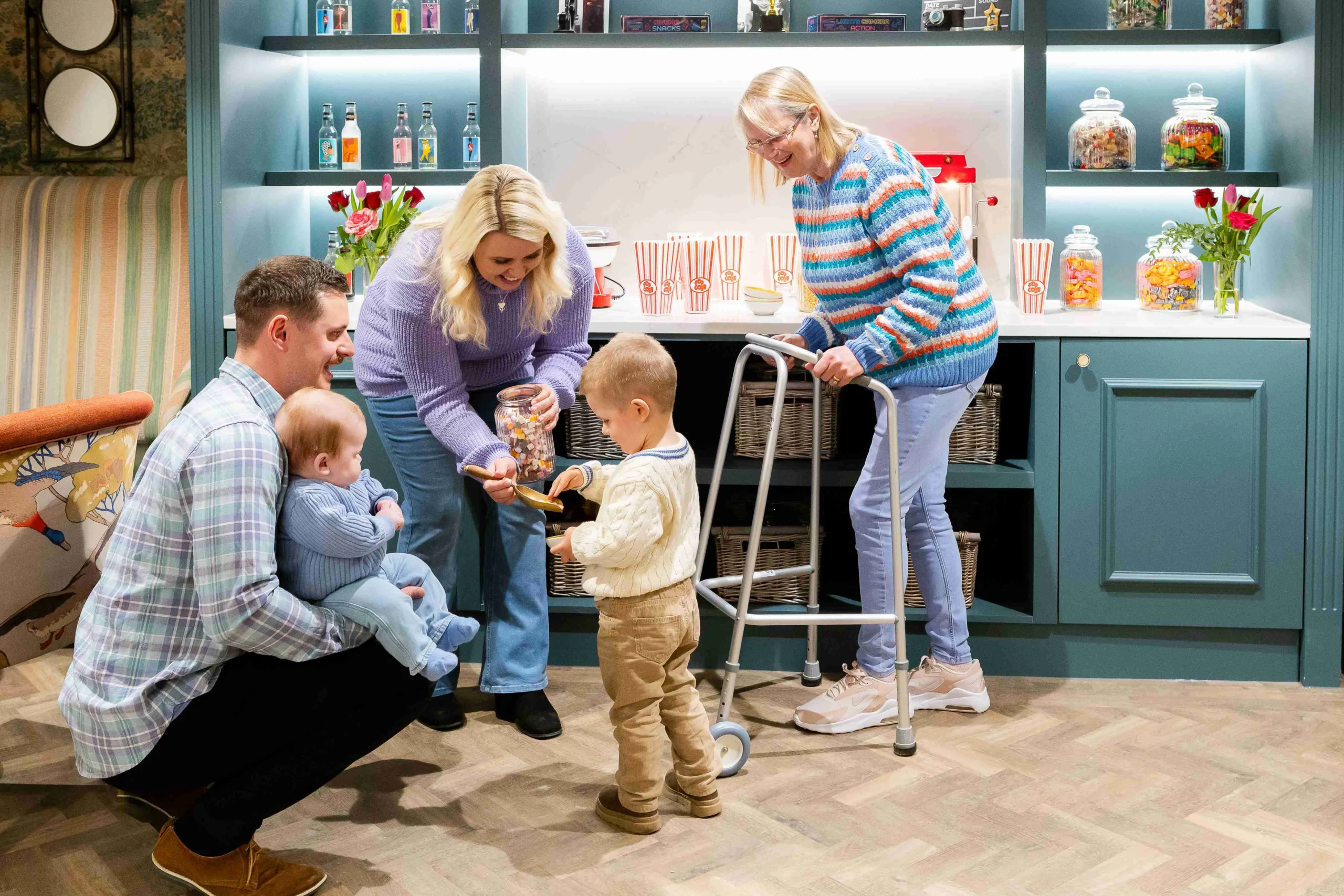
Dementia Support
A guide to choosing the right dementia care home
Finding the right dementia care home for a loved one is one of the most important and emotional decisions you’ll make. Dementia affects each person differently, and the right environment can make a huge difference to their comfort, confidence, and quality of life.
A good dementia care home should offer more than just support – it should create a safe, familiar, and enriching environment where residents feel secure, valued, and connected to those around them. But with so many options, how do you know what to look for?
This guide will help you understand what to prioritise when choosing a dementia care home, with a practical checklist to help you compare your options.
What makes a good dementia care home?
Dementia-friendly care homes are designed to help residents feel at ease, maintain independence, and engage with the world around them. While every care home will provide basic support, the best ones focus on personalised care, meaningful engagement, and specialist environments that actively improve wellbeing.
Here’s what to look for when visiting potential homes:
A warm and welcoming atmosphere
Does the home feel comfortable and inviting? Do staff engage warmly with residents? Are there familiar, homely touches like books, photos, and soft furnishings.

